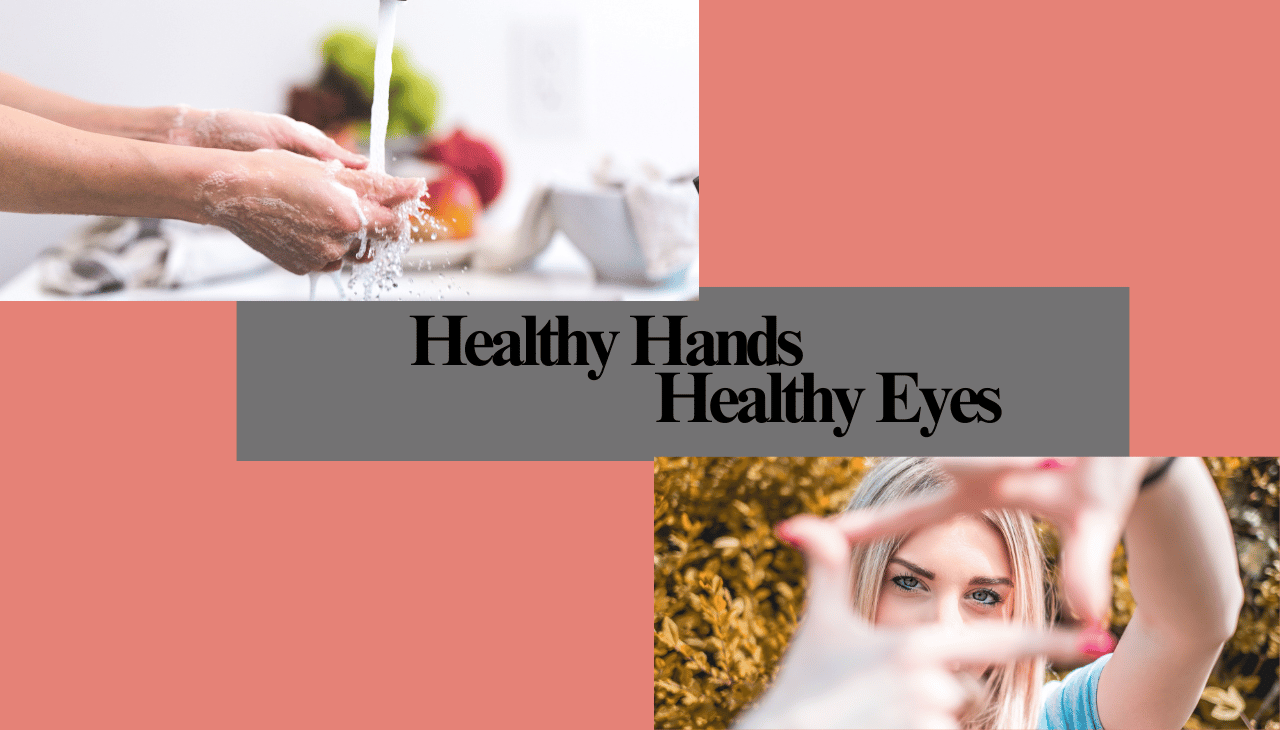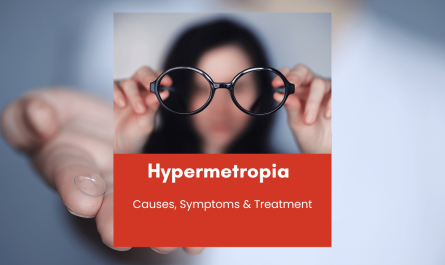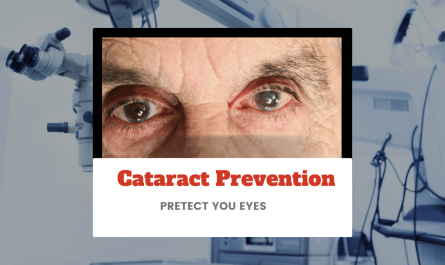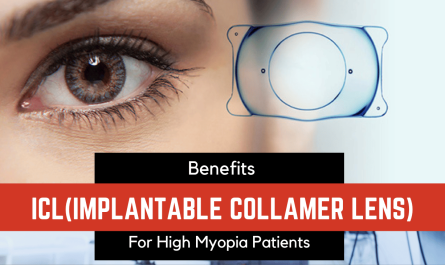Your hands are the gateway to your body. Every time you rub your eyes, adjust your glasses, or even apply eye drops, your hands come in close contact with your eyes. In an age where personal hygiene is more critical than ever, one area often overlooked is how hand hygiene directly impacts eye health. From preventing infections to protecting delicate eye tissues, maintaining clean hands is a simple yet powerful step toward healthier vision. Whether you’re undergoing Cataract surgery, using Contact lenses, or exploring options like LASIK for specs removal, proper hand hygiene plays a crucial role in ensuring successful outcomes. In this blog, we’ll explore the link between hand hygiene and Healthy Eyes, common eye conditions caused by poor hygiene, how to protect your eyes, and expert advice to help you safeguard your vision—starting with your hands.
Understanding the Link Between Hand Hygiene and Healthy Eyes
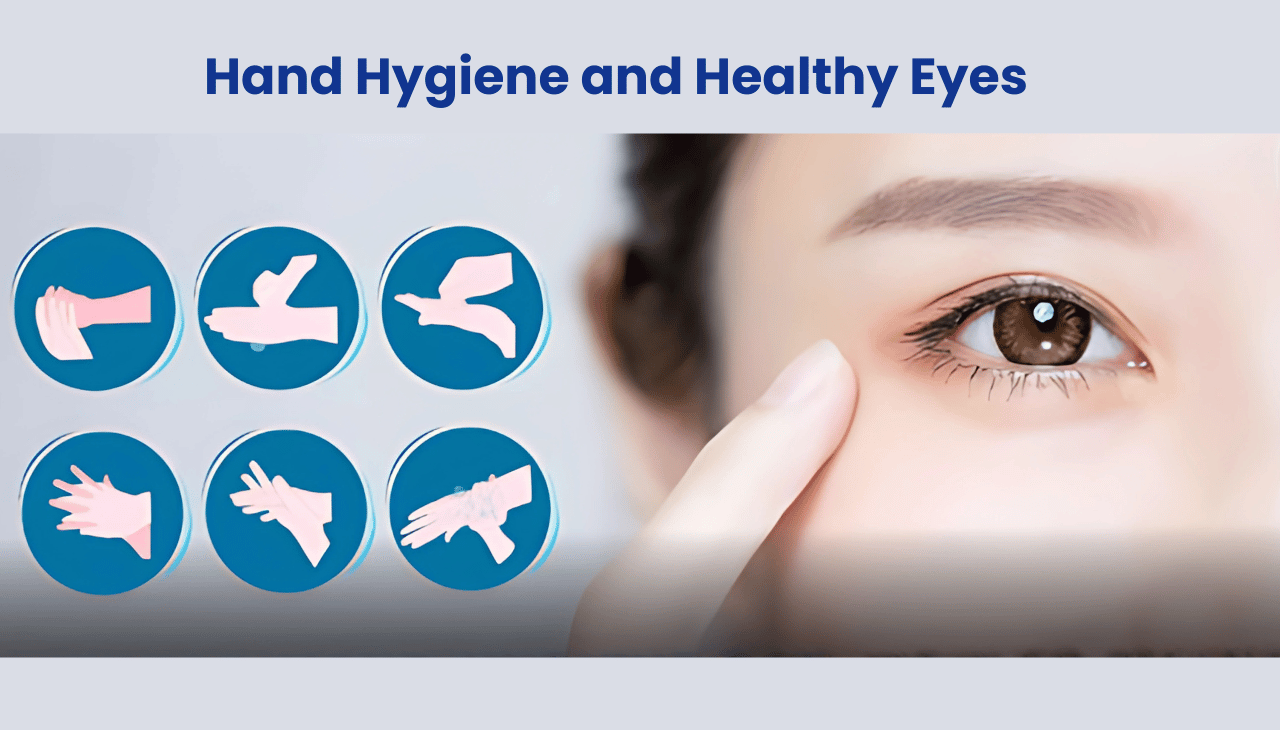
What is Hand Hygiene?
Hand hygiene refers to the act of cleaning your hands thoroughly to remove dirt, germs, and harmful pathogens. This can be done through proper handwashing with soap and water or using alcohol-based sanitizers when water is unavailable.
Why Are the Eyes at Risk?
Our eyes are sensitive organs, protected only by the thin barrier of the eyelids and tear film. When you touch your eyes with unwashed hands, bacteria, viruses, and allergens can easily transfer, increasing the risk of infections and irritation.
Common Scenarios Where Hygiene Matters:
- Rubbing itchy eyes
- Removing contact lenses
- Applying eye makeup
- Cleaning glasses
- Administering eye drops
Eye Conditions Caused by Poor Hand Hygiene
Poor hand hygiene can lead to several eye-related issues. Here are some of the most common:
1. Conjunctivitis (Pink Eye):
A highly contagious infection, conjunctivitis causes redness, itching, and discharge. It often spreads through contaminated hands or shared towels.
2. Stye (Hordeolum):
A stye is a painful, red bump near the edge of the eyelid caused by bacterial infection of an oil gland. Touching your eyes with dirty fingers can contribute to its development.
3. Corneal Ulcers:
These are open sores on the cornea, often due to infection. Contact lens users are particularly vulnerable when they fail to wash hands before inserting or removing lenses.
4. Allergic Reactions:
Allergens like pollen or dust can be transferred from your hands to your eyes, causing inflammation, tearing, and discomfort.
Best Practices to Keep Eyes Healthy through Hand Hygiene
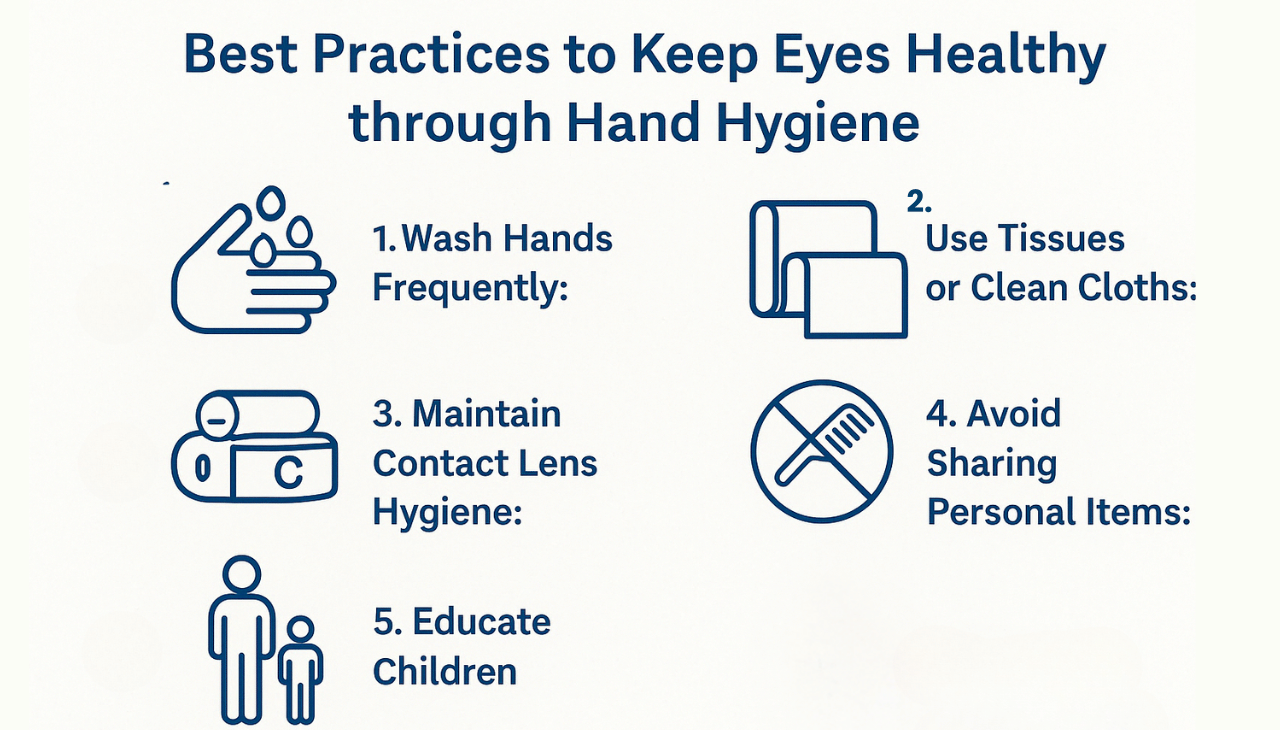
1. Wash Hands Frequently:
Always wash your hands before touching your eyes, applying drops, or handling lenses. Use soap and scrub for at least 20 seconds.
2. Use Tissues or Clean Cloths:
Avoid using your hands to rub or clean your eyes. Opt for a clean tissue or a sterile wipe instead.
3. Maintain Contact Lens Hygiene:
Wash hands before and after inserting or removing lenses. Disinfect lenses properly and avoid touching the tip of eye drop bottles.
4. Avoid Sharing Personal Items:
Do not share eye makeup, towels, or eye care tools with others.
5. Educate Children:
Children are more prone to eye infections. Teach them the importance of handwashing and keeping hands away from their eyes.
Tips from Experts at Laxmi Eye Institute
At Laxmi Eye Institute, our ophthalmologists emphasize prevention as the first line of defense against eye problems. Here are expert-backed tips:
- Keep hand sanitizers in your bag when outdoors.
- Clean your smartphone screen regularly—it comes into contact with your hands and face.
- Avoid excessive screen time to reduce the urge to rub tired eyes.
- Stay hydrated and maintain a balanced diet for optimal tear film health.
Our specialists also advise regular eye checkups to detect issues early and maintain long-term vision health.
The Role of Handwashing in Contact Lens Care

Handwashing plays a critical role in maintaining safe and healthy contact lens use. Before inserting or removing lenses, it’s essential to wash your hands thoroughly with soap and water to eliminate bacteria, dirt, and oils that could transfer to the lens and subsequently to the eye. Touching lenses with unclean hands significantly increases the risk of eye infections such as microbial keratitis, conjunctivitis, or corneal ulcers. Even seemingly harmless habits like adjusting your lenses with dry or unsanitized fingers can introduce pathogens. Using a lint-free towel to dry your hands after washing is equally important to prevent any debris from sticking to the lens. By making proper hand hygiene a non-negotiable part of your contact lens routine, you protect your eyes and ensure optimal comfort and vision clarity.
Special Considerations During the COVID-19 Era
During the pandemic, eye health took a new turn. Several people experienced eye irritation due to increased screen time, mask usage, and frequent sanitizer exposure. Here are a few COVID-related insights:
- Avoid touching your face and eyes after using sanitizer—some residues may cause irritation.
- Practice the “20-20-20” rule (every 20 minutes, look 20 feet away for 20 seconds) to reduce eye strain.
- Disinfect eyeglasses regularly using a lens-safe solution.
Introduction for Consultation
Laxmi Eye Hospital is one of the largest and most trusted chains of eye hospitals in Mumbai, delivering excellent eye care for over 30 years. Known for experienced ophthalmologists, transparent treatment protocols, and cutting-edge diagnostic tools, Laxmi Eye Institute is your one-stop destination for complete eye care.
Whether it’s Specs Removal through LASIK, Advanced Cataract Surgery, Diabetic Eye Management, or Retina and Glaucoma Treatments, our team is committed to restoring your vision and protecting your eye health. We specialize in Bladeless LASIK, ICL, IPCL, Contoura Vision, and offer specialized services for Pediatric Ophthalmology, Corneal Diseases, and Keratoconus Management.
Book a consultation at any of our branches:
📍 Laxmi Eye Clinic (Dombivli)
1st Floor, Laxmi Eye Institute, SS Business Park, Gharda Circle, Azde Gaon, Dombivli East, Mumbai, Maharashtra 421201
📍 Laxmi Eye Clinic (Kharghar)
Office 108-110, Anant CHS Plot 31, Sector 4, Kharghar, Navi Mumbai, Maharashtra 410210
📍 Laxmi Eye Hospital & Institute (Panvel)
Mulla Hamid Rd, Old Panvel, Navi Mumbai, Maharashtra 410206
📍 Laxmi Eye Institute (Kamothe)
Shop 26/27, Near ICICI Bank, Pratik Gardens, Sector 34, Kamothe, Navi Mumbai, Maharashtra 410209
To Book an Appointment:
📞 Call your nearest center or visit laxmieyeinstitute.com
FAQs
1. How does hand hygiene affect my eye health?
Touching your eyes with unclean hands can transfer bacteria and viruses, leading to infections like conjunctivitis or styes.
2. Can I use hand sanitizer before touching my eyes?
Yes, but let it dry completely. Residual alcohol can irritate the eyes if it comes in contact.
3. Is it necessary to wash hands before using eye drops?
Absolutely. Always wash your hands to prevent contamination and infections.
4. How often should I clean my hands when using contact lenses?
Before and after every use. This is critical to avoid corneal infections.
5. Are children more prone to eye infections due to poor hand hygiene?
Yes. Kids often rub their eyes without washing hands, making them more susceptible.
6. Can rubbing eyes with dirty hands lead to vision loss?
In rare severe infections, yes. Untreated infections like corneal ulcers can affect vision.
7. What should I do if I accidentally touch my eye with dirty hands?
Rinse your eye with clean water and avoid further contact. If irritation or redness persists, consult an eye specialist.
8. Do I need a checkup even if I have no symptoms?
Yes. Preventive eye exams help detect underlying issues early.
Conclusion
Clean hands lead to clear vision. In our everyday lives, it’s easy to forget how often we touch our eyes and how easily harmful germs can travel. By adopting proper hand hygiene and being conscious of our habits, we can prevent common eye infections and protect our sight. And if you ever feel unsure, Laxmi Eye Institute is here to help you with advanced care, trusted professionals, and personalized treatment.
Book your eye consultation today—and take the first step towards brighter, healthier eyes.

